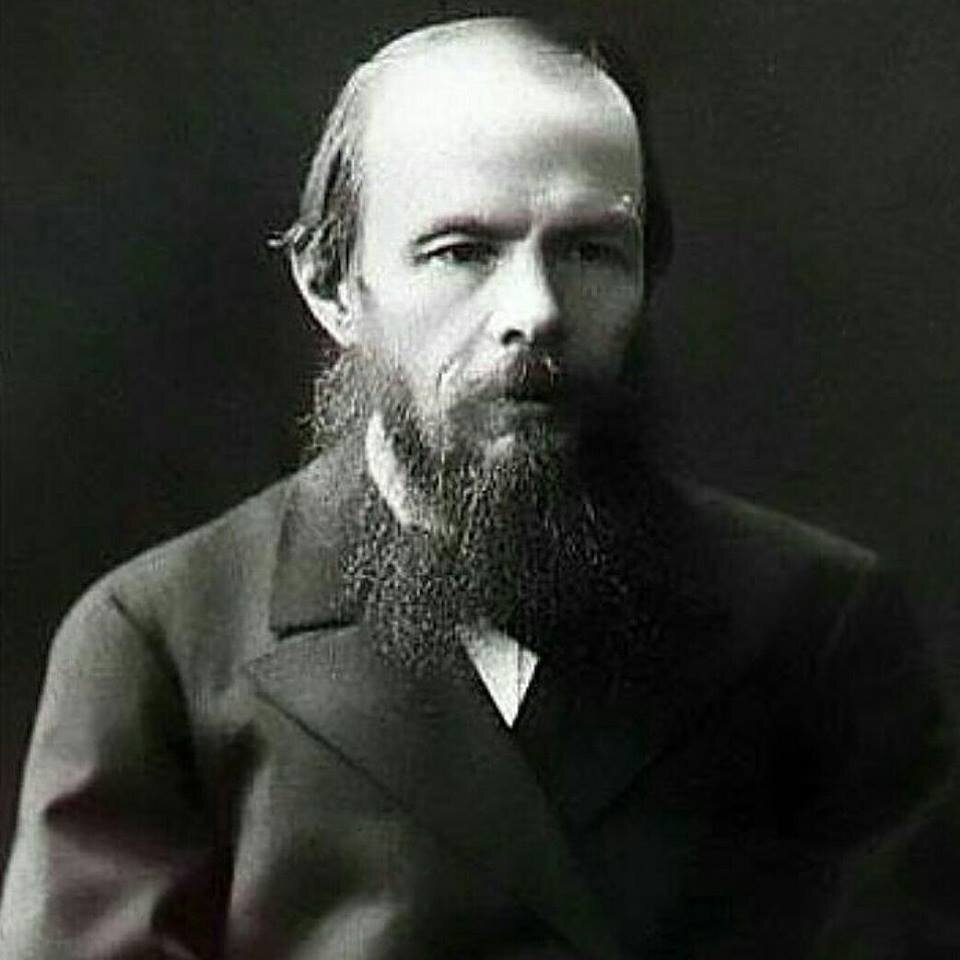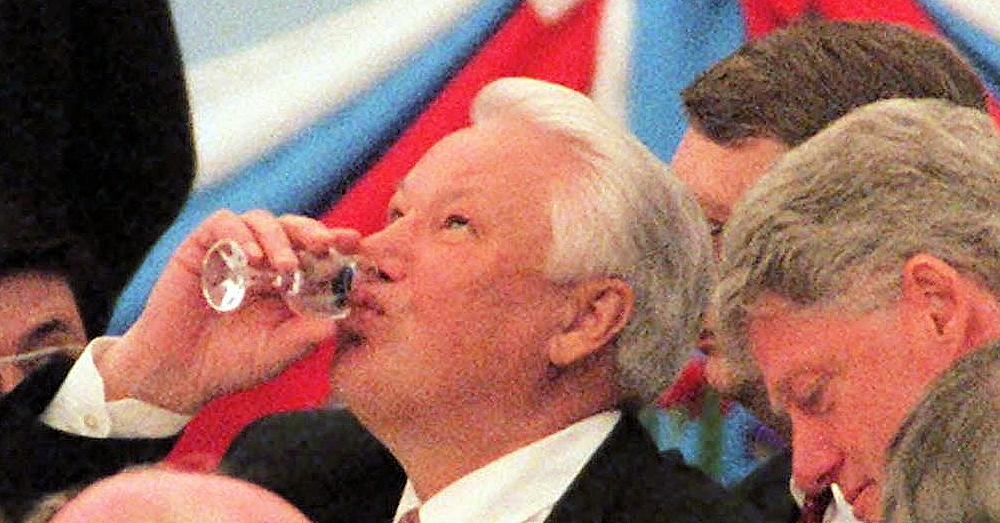Paul Kindlon
/Paul Kindlon’s eclectic Logue Jam will be presented later this spring. With poetry, prose, theater and aphorism poured in, Paul contributes his “very particular set of skills” to Hekate’s growing pot of gumbo. We are chuffed to present here his honest answers to a few questions concerning himself and his writing.
When did you begin writing and why?
I began writing in earnest about three years ago when the college where I taught imploded. Why do I write? Not sure, really. Is there a psychological cause? Probably. I’m definitely OCD and I have a need for attention. Is there a philosophical reason? Perhaps. Each of us has a pool of potentialities. I always knew I had “creative powers”, but it took forever to acquire the skill to actualize my writing potential. Could there be a genetic cause? Maybe. Being of Irish heritage I feel that I’ve been blessed and cursed with an uncanny ability to both fantasize and fib. My last wife once asked me where my stories come from. I told her that I hear voices. To which she replied, “Oh God…please don’t tell me that!”
Collage, 2016, A.F. Knott
What does your writing routine consist of?
I’m afraid I’m a bit decadent. My routine consists of a six pack of beer and moderately strong marijuana punctuated by an hourly cigarette.
How do you reconcile your life, your work and your writing?
Quite well thank you.
Who and what inspires/has inspired you?
In terms of literature I have been inspired by many writers I admire: Vonnegut, Tom Robbins, Hemingway, Cormac McCarthy, William Kennedy, Jennifer Egan, Graham Greene and a variety of Russian writers. I am also inspired – and awed- by beautiful paintings.
Vonnegut, photographer unknown
Fyodor Mihailovic Dostoevsky
The only photo of Alexander Pushkin, made by Louis Daguerre.
What observations would you like to make concerning life itself or anything else for that matter?
I used to believe in revolution as a way to bring about social justice. Nowadays, I think- to quote GB Shaw - that revolutions do not really lift the burden of tyranny, but merely shift it from one shoulder to another. I would like to believe what Dostoevsky said: “Beauty will save the world”.
How do you reconcile philosophy and creative thinking?
Not sure how to answer this question. There are many areas of philosophy: Ontology, Metaphysics, Epistemology, Philosophy of Science etc. Stephen Hawking once said that “Philosophy is dead”. An odd thing to say for someone who spent years philosophizing about the nature of the cosmos. Einstein created his Theory of Relativity using “thought experiments” i.e. the imagination. I suspect that philosophy and creative thinking complement each other.
What advice would you give to an aspiring writer?
The best advice on writing – I think – came from Alexander Pushkin who said that “Art must be a little stupid”- a piece of advice I wish David Foster Wallace would have taken to heart.
Do you have a favorite fiction story?
Yes I do. “Gift of the Magi”. Just because it’s so uplifting.
What role should literature play in society?
It’s not for me to say. Personally I favor the Aesthetic school i.e. “Art for Art’s Sake. But that’s just me. I have nothing against tendentious literature or even Agit-prop. With the vast majority of readers being progressive anyway, it just seems to me that authors who choose to “go political” are merely preaching to the choir .However, that does not mean literature should be escapist. I particularly dislike fantasy. There are exceptions, though, such as Alice in Wonderland, The Wizard of Oz and Salman Rushdie’s “Haroun”.
What event in your life has had the greatest impact?
Without a doubt that would have to be living and working in Russia for 25 years. With more than 140 ethnic groups, Russia is probably the most ethnically diverse society in the world – a cultural mosaic. In Moscow alone there are nearly 2 million Muslims.
If one is a fan of the Arts, Russian culture is a paradise. Classical music, ballet, theatre, painting and literature are all of an exceptional nature. I am also enamored of Russian folk wisdom. My favorite proverb being…” A serious face is not a sign of intelligence”.
A real eye opener for me was when I worked as a journalist. I covered the “events” of 1993 when the Russian Parliament was occupied by elected members who refused to leave the building after President Yeltsin dissolved the legislative body. I was among half a dozen foreign journalists who were allowed inside during the siege. And on October 5th all hell broke loose as communists stormed the Parliament. Having been with the communists as they fought the special riot police and broke through the blockade I witnessed history in the making. 500 supporters of the Parliamentarians were executed although the Western press reported 50 not wanting to make Yeltsin look bad. The disconnect between what I witnessed and what the British and American press reported was shocking. To this day I have a healthy mistrust of mainstream journalists.
Yeltsin and Clinton. Photo by Gerard Fouet.
The ex-pat community in Moscow worked hard and played hard. I often ran into Matt Taibbi – now the main investigative journalist at Rolling Stone- at a sports bar often and at the Starlight diner, an imported 1950s style American diner with an awesome breakfast menu. I partied with Elizabeth Susskind –then Vice –President of Estee Lauder- who lived across from the Kremlin and told me of late night arrivals of black limousines from Sverdlovsk where Yeltsin was the Communist Party boss and BFF of the powerful local mafia. She surmised that Russia was ruled not by the constantly inebriated Yeltsin, but by a shadow government of gangsters. That was also my impression.
I miss Russia – and Russians – terribly. Despite what you may have been told, Russians are NOT like us. They simply think differently which I find fascinating. My first of two Russian wives was also a journalist and in 1992 I asked her what she thought about all the changes in her country. “I think it’s great”, she replied. “What’s so great about them?” I inquired. “Well… look outside at all those kiosks” (There were dozens of kiosks outside Metro stations selling beer, wine, candy, gum, and low-quality snacks.) “Yes”, I said to her, “but they sell mostly shit”. ”True”, she said, “but before we had a shortage of shit”.








